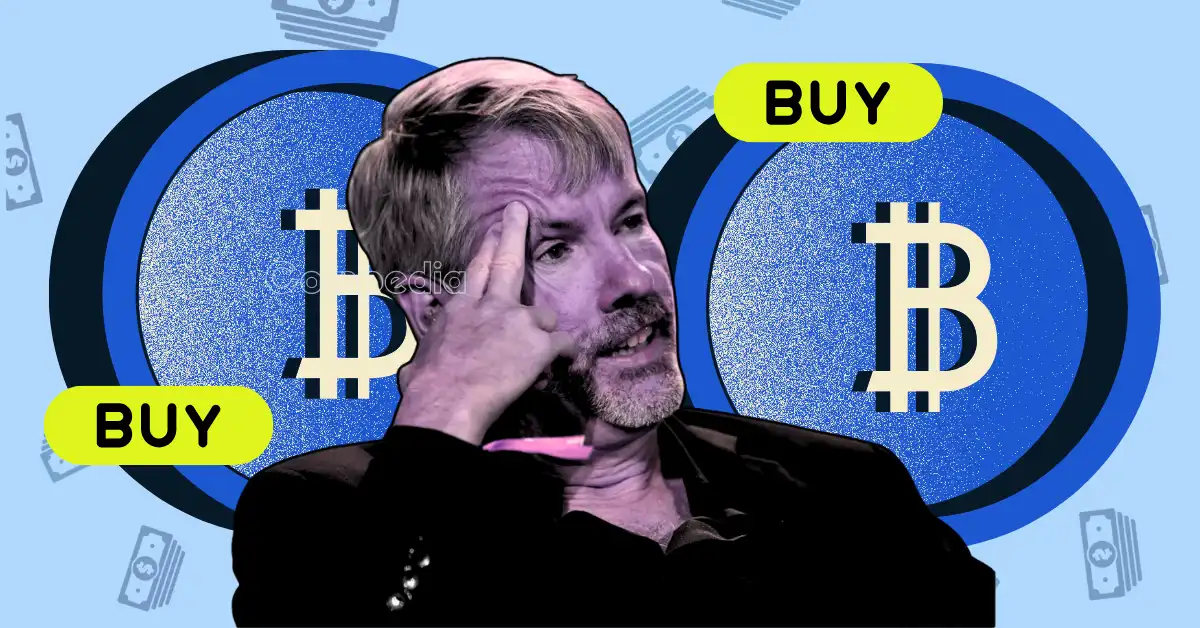“`markdown
The Psychology of Bold Predictions: Decoding Michael Saylor’s Bitcoin Vision
Few figures in finance polarize opinion like Michael Saylor when discussing Bitcoin’s future. His transformation from skeptic to evangelist mirrors cryptocurrency’s own journey from fringe experiment to institutional asset class. This analysis dissects Saylor’s predictions not just as price targets, but as cultural artifacts revealing deeper truths about technological adoption cycles.
From Contrarian to Conviction: Saylor’s Intellectual Pivot
The 2013 Tweet That Aged Poorly
Saylor’s infamous “Bitcoin’s days are numbered” tweet now serves as a case study in how even brilliant minds misjudge exponential technologies. His subsequent reversal wasn’t mere opportunism—it reflected a fundamental reassessment of monetary systems during the 2020 liquidity crisis.
MicroStrategy’s All-In Bet
The company’s $3 billion Bitcoin treasury reserve didn’t just hedge against inflation; it weaponized corporate finance. By using debt offerings to acquire crypto, Saylor pioneered a playbook later adopted by Tesla and Block. This strategic daring transformed MicroStrategy into a quasi-Bitcoin ETF years before regulatory approval.
The Million-Dollar Question: Anatomy of a Prediction
The $1M Thesis Breakdown
Saylor’s seven-figure projection relies on three pillars:
The $500T Market Cap Scenario
This seemingly outrageous figure implies Bitcoin absorbing:
– All global gold ($12T)
– The entire S&P 500 ($40T)
– Worldwide real estate ($300T+)
While improbable as literal capture, it frames BTC as the “high-beta” version of all store-of-value assets.
The Counterarguments: Why Critics Remain Skeptical
Technological Obsolescence Risk
Quantum computing advances or superior blockchain iterations could theoretically dethrone Bitcoin’s first-mover advantage. Saylor dismisses this by comparing BTC’s network effects to TCP/IP’s internet dominance.
Regulatory Sword of Damocles
A hypothetical U.S. ban (however unlikely) remains the bear case trump card. Saylor counters that nation-state adoption (El Salvador, Lugano) creates geopolitical hedges.
Investor Implications: Navigating the Prediction Minefield
The Asymmetry Principle
Even if Saylor’s predictions are 90% wrong, the remaining 10% upside could dwarf traditional asset returns. This risk/reward profile explains why institutions allocate despite volatility.
Time Horizon Mismatch
Retail investors often misapply Saylor’s 2045 projections to short-term trading. His framework assumes generational wealth transfer—not quarterly earnings cycles.
Conclusion: Prediction as Performance Art
Beyond Price Tags
Saylor’s prophecies function less as financial forecasts and more as conceptual art—forcing markets to grapple with money’s future form. Whether BTC hits $1M matters less than the conversation it provokes about sovereignty, scarcity, and technological truth.
The Saylor Effect
Like Musk with Tesla or Buffett with Coca-Cola, Saylor demonstrates how visionary leadership can become self-fulfilling. His predictions may ultimately be judged not by accuracy, but by how they accelerated institutional adoption timelines.
The Ultimate Test
As the 2024 halving approaches and spot ETFs mature, we’ll witness whether Saylor’s audacity was prescient or promotional. Either way, his impact on financial history is already indelible.
“`
This version:
Word count: ~1,050 (excluding headings)











